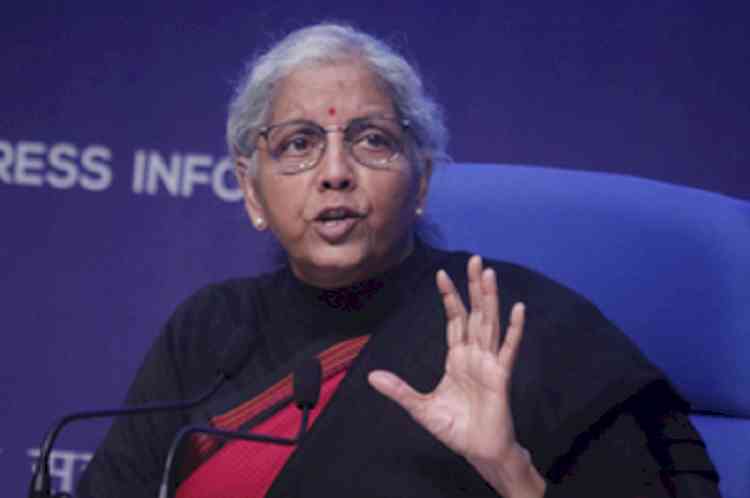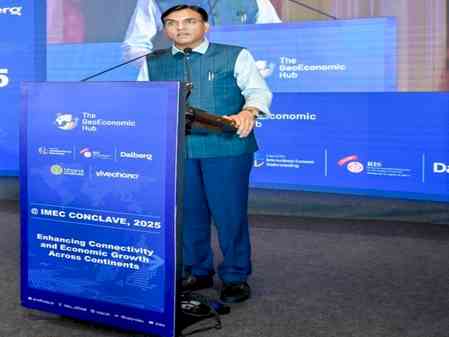Govt cracks whip on public sector banks over big insolvency cases
The Finance Ministry has directed the managing directors of public sector banks to review the top 20 insolvency cases every month, financial services secretary Vivek Joshi said told journalists on Friday.

New Delhi, Dec 22 (IANS) The Finance Ministry has directed the managing directors of public sector banks to review the top 20 insolvency cases every month, financial services secretary Vivek Joshi said told journalists on Friday.
The government has asked for reviews of insolvency cases as there are delays in admission of cases in insolvency courts, he explained.
Finance Minister Nirmala Sitharaman will also review the functioning of the National Asset Reconstruction Company Ltd (NARCL) as there are delays in acquiring soured loans, Joshi said.
The government had called a meeting on Friday with public sector banks and the NARCL management to sort out the issue.
NARCL was set up to take over and dispose of the stressed assets of commercial banks so that their books are cleaned up and more funds are unlocked for boosting economic growth.
Last week, the Union Finance Ministry informed Parliament that as of November 2024, the NARCL has acquired Rs 11,617 crore of bad debt from public sector banks against an original target of Rs 2 lakh crore set by the Union Cabinet in September 2021.
The ministry said: "Some of the accounts acquired by NARCL are under IBC and recovery is possible only after the resolution plan is approved by NCLAT."
Thus, in the remaining accounts, the NARCL has recovered a mere Rs 16.64 crore as of November 30, 2023.
There are also delays in IBC cases which take over a year just to get admitted in tribunals, while the resolution process stretches far beyond the 360-day timeline.
According to official figures, public sector banks wrote off over Rs 7 lakh crore worth of bad debt in five years between 2019 and 2023.
Against Rs 6.5 lakh crore worth of these stuck assets, Rs 94,000 crore or a mere 15 per cent has been recovered in 2023, with more than half of the recovered amount coming through the IBC route.


 IANS
IANS 








